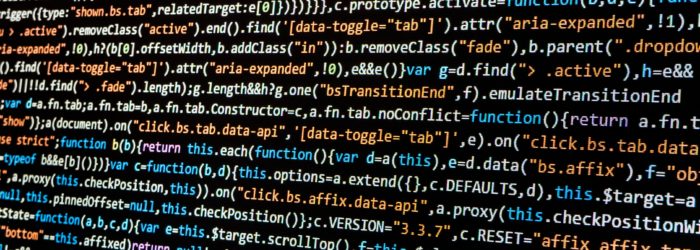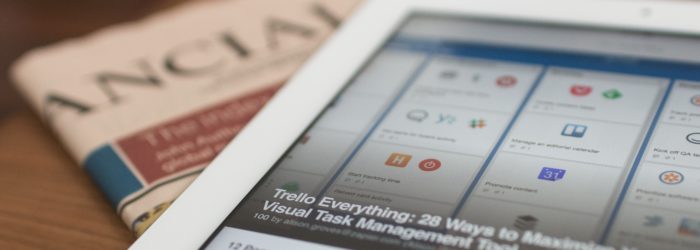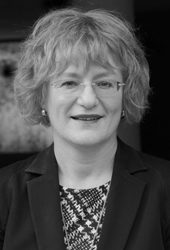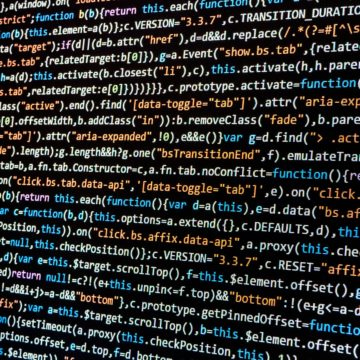Decision-making processes and its results can be improved by including affected stakeholders. Both legitimacy and acceptance could be increased. The communicative potential of the internet offers numerous opportunities to get those affected involved. At the DIID, these possibilities as well as the problems and challenges of online decision-making processes are analyzed, modeled and tested in different environments

Formal modeling of online participation processes
Formal models of theoretical computer science for describing and evaluating the interactions of actors in online participation processes and their outcomes
- What criteria can be set for the quality of different online participation processes and their outcomes?
- How do classical argumentation models have to be extended to reflect the dynamics of real argumentation in online contexts?
- How can dynamic scenarios or scenarios with uncertainty be modeled?
- What algorithmic configurations do such online participation models have?

Internet-based decision-making in a business context
Quality, effects and legitimacy of internet-based economic decision-making processes in private companies, interest groups and advisory boards as well as NGOs.
- How do internal decision-making and controlling processes on the basis of online communication affect decision-making behavior, compliance and interaction?
- How does online communication in interest groups change opinions, decision-making and participation compared to alternative decision-making mechanisms?
- What effects does online decision-making on regulation issues have on the effectiveness, legitimacy and acceptance of the results?
- Which systematic decision distortions (biases and framing) can accrue in internet-based decision-making processes in economic contexts?
Private: Jun.-Prof. Dr. Dorothea Baumeister
Alumni, Computer Science

Jun.-Prof. Dr. Dorothea Baumeister is junior professor for theoretical computer science at HHU-Düsseldorf since September 2013. Since 2017, she is head of the DFG project “Distances in Elections”. In her research, she focuses on axiomatic and complexity-theoretic analysis of the fields of preference aggregation, voting systems, and distributional problems.
At DIID, she is particularly interested in the formal modeling of online participation processes and the influence of distances in online election processes.
Research Interests
Projects
Contact
Prof. Dr. Barbara E. Weißenberger
Business Administration

Prof. Dr. Barbara E. Weißenberger has held the Chair of Business Administration, in particular Accounting, at HHU-Düsseldorf since 2014 and is also Affiliate Professor of Accounting at Bucerius Law School, Hamburg. Her research focuses, among other things, on decision-making processes in accounting, including in the context of corporate management and controlling, but also against the background of embedding in compliance and sustainability.
In the context of DIID, she is particularly interested in the question of what impact the digital transformation has on decision-making and enforcement as well as intra-company cooperation processes.




